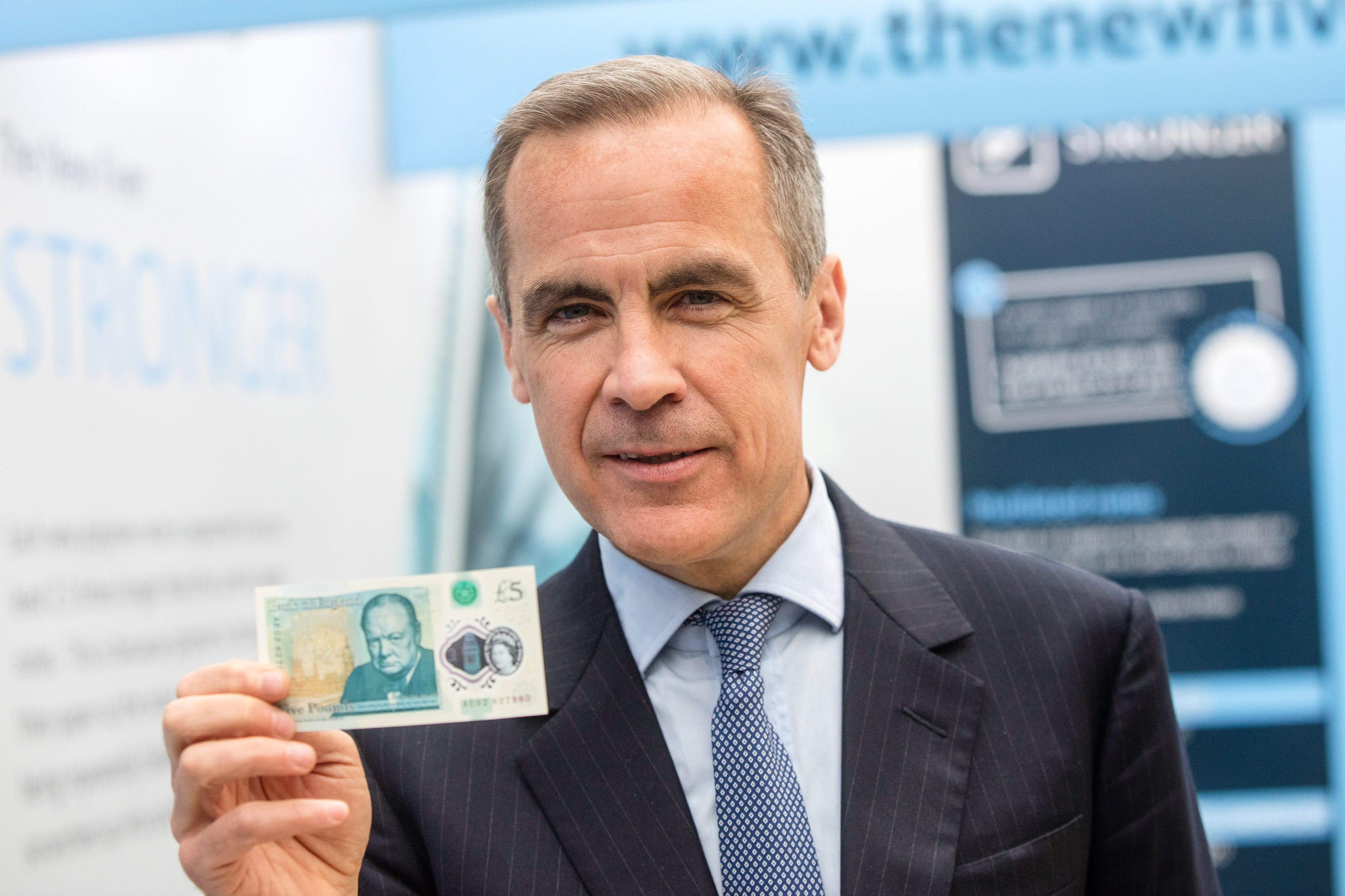The Independent's journalism is supported by our readers. When you purchase through links on our site, we may earn commission.
We can do better than the racist, repugnant, chemical weapon-supporting Churchill on our £5 notes
In Afghanistan he described how ”every tribesman caught was speared or cut down at once”. In Kenya, he oversaw the use of concentration camps, mutilation, rape and castration. Elsewhere, he argued that ”100,000 degenerate Britons should be forcibly sterilised”

Your support helps us to tell the story
From reproductive rights to climate change to Big Tech, The Independent is on the ground when the story is developing. Whether it's investigating the financials of Elon Musk's pro-Trump PAC or producing our latest documentary, 'The A Word', which shines a light on the American women fighting for reproductive rights, we know how important it is to parse out the facts from the messaging.
At such a critical moment in US history, we need reporters on the ground. Your donation allows us to keep sending journalists to speak to both sides of the story.
The Independent is trusted by Americans across the entire political spectrum. And unlike many other quality news outlets, we choose not to lock Americans out of our reporting and analysis with paywalls. We believe quality journalism should be available to everyone, paid for by those who can afford it.
Your support makes all the difference.This week, a new plastic five-pound note featuring Winston Churchill entered circulation. The note represents an apparent celebration and commendation of Churchill’s contribution to British history.
“A nation that forgets its past has no future,” Churchill once remarked. While these words may ring true, Britain has long since had the ability to forget, alter and ignore history. Of course, had due attention been paid to history, we would know that Churchill is a choice deeply out of kilter with the fundamental values that Britain professes to hold dear.
What does it say about Britain as a nation that this man, proudly emblazoned on its new, more durable currency, was actually a morally repugnant racist? The “Greatest Briton of all time” is the same man who wished for a civil war in India, and played a pivotal role in the genocide of over three million Indians. As millions died of starvation, Churchill’s British army exported huge quantities of rice from a deprived and starving nation, and refused aid offers from countries like the US and Canada.
Once describing Indians as “a beastly people with a beastly religion”, Churchill made no secret of his deep contempt for these people. This was a man who spoke of his strong favour for the use of ”poisoned gas” to terrorise what he saw as the “uncivilised tribes” of India and the Middle East. As a long-time supporter of chemical weapons, he also wanted to use them against the Bolsheviks in Russia.
Churchill was ruthless and unflinching in his suppression of any uprisings against British rule. In Afghanistan he described how ”every tribesman caught was speared or cut down at once”. In Kenya, he oversaw the use of concentration camps, mutilation, rape and castration. He plundered Iran of its national resources, and oversaw the massacre of protestors in Greece. Are these the values that Britain wants to celebrate?
If we understood the true history of Britain, and of figures like Churchill, we might better understand instabilities in the Middle East and across the world. We might recognise the formative role that Britain, through the atrocities of Empire, has played in creating these instabilities. As Churchill intimated, we cannot understand the present in abstraction from the past. At a time where we should be seeking peaceful resolutions to the war in Syria, should we be commemorating a war-monger with a penchant for the most brutal violence?
Churchill’s racism, intolerance and white supremacy was not confined to overseas territories. Concerned about the apparent decline of the British race, he argued that ”100,000 degenerate Britons should be forcibly sterilised”, he sloganised “Keep England White”, and lambasted the Irish refusal ”to be English”.
While somebody like Oladuah Equiano might have been more in keeping with Britain’s self-image of tolerance and inclusion, in defence of the Churchill’s proponents, he surely offers a more accurate reflection of the realities of Britain as a country.
We might question whether Churchill’s legacy lives on through a Conservative government that opts to spend £205bn on the renewal of nuclear weaponry, while our National Health Service remains massively under-resourced.
Did something of Churchill’s ideology not live on in a Brexit campaign that was largely predicated on fear of the other, and anti-immigrant sentiment? Does Churchill not live on in the rise of xenophobic and racist attacks across Britain? Or in the heartless deportation of 50 people who had lives and families in Britain? Or in Theresa May’s desire to scrap the Human Rights Act?
The “Churchill note” is hailed for its durability. Perhaps we should also recognise the durability of racism, hate and intolerance in our society. Maybe Churchill is the perfect choice to reflect Britain –but surely we must do better.
Join our commenting forum
Join thought-provoking conversations, follow other Independent readers and see their replies
Comments